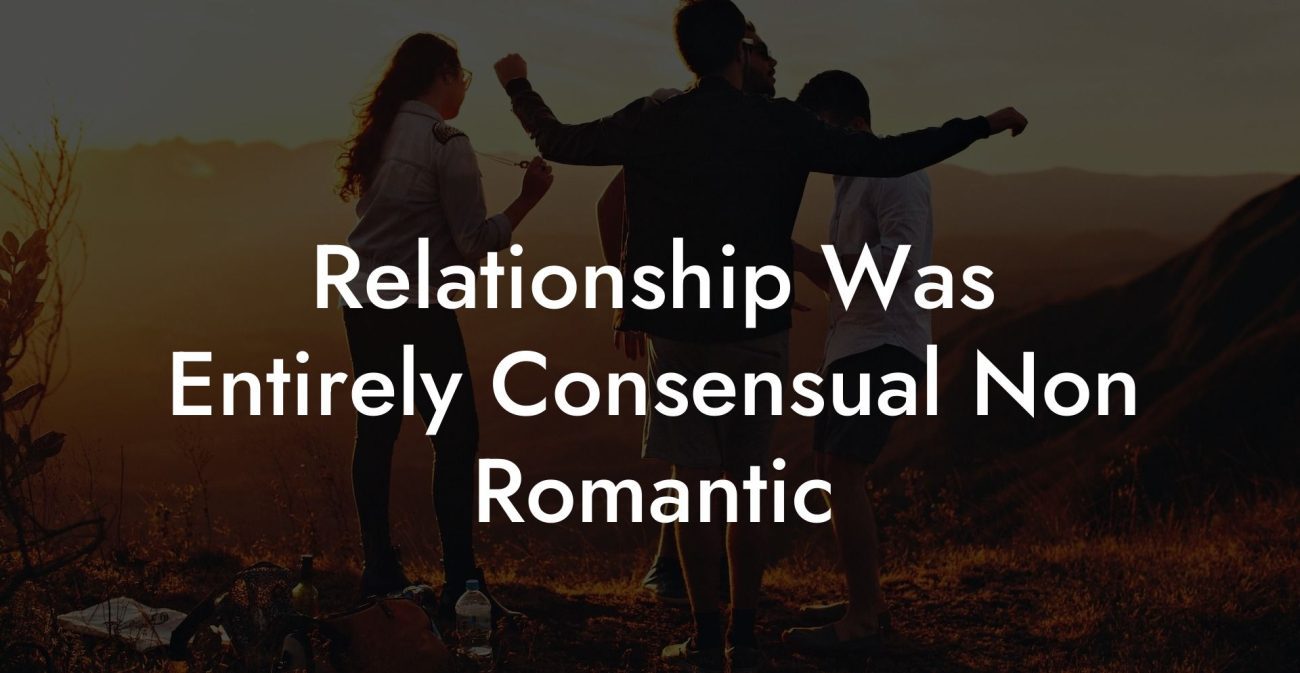Polyamory is gaining popularity in recent times, and as more people identify as polyamorous, questions arise regarding the possibility of these individuals maintaining successful monogamous relationships. It’s often debated whether or not someone who identifies as polyamorous can truly be happy and satisfied in a monogamous relationship. The Monogamy Experiment explores the intersection of polyamory and monogamy in today’s relationships, and whether a balance can be struck to keep all parties content.
Can A Polyamorous Person Be In A Monogamous Relationship Table of Contents
Can A Polyamorous Person Be In A Monogamous Relationship Example:
Polyamory, by definition, means having multiple loving relationships or being open to the idea of having more than one intimate partner. On the other hand, monogamy is the practice of having only one romantic partner at a time. Though these definitions seem mutually exclusive, people are complex, and relationships are fluid.
The key to any successful relationship, whether monogamous or polyamorous, is communication. Open and honest communication between partners is crucial and can make or break any romantic connection. For a polyamorous individual in a monogamous relationship, discussing their desires openly and without shame could save the relationship from possible misunderstandings and future conflict.
It is essential to consider that people’s needs and desires change over time. As such, someone identifying as polyamorous does not necessarily imply a lifelong fixed state or preference for multiple partners. Likewise, someone identifying as monogamous may find themselves exploring polyamorous possibilities. What matters most is maintaining open communication and allowing the relationship to evolve to suit both partners’ needs and desires.
Can A Polyamorous Person Be In A Monogamous Relationship Example:
Consider a polyamorous person, let's call her Jane, who enters a monogamous relationship with John, who identifies as strictly monogamous. As their relationship blossoms, Jane finds herself yearning for the freedom to explore other intimate connections in addition to her bond with John. Jane is left questioning her commitment to their monogamous relationship.
Rather than dismissing these desires or feeling guilty, Jane decides to bring up the topic with John openly and honestly, sharing her feelings without pressure or expectation. Though initially hesitant, John learns more about polyamory over time and begins to understand Jane's desires better. Both partners work together to find a middle ground that caters to their individual wants and needs, ultimately strengthening their relationship.
The answer to whether a polyamorous person can be in a monogamous relationship ultimately depends on the individuals involved and their willingness to communicate openly, compromise, and adapt to the ever-changing nature of relationships. It may not always be easy, but love and understanding can bridge the gap between differing preferences and open up possibilities for a healthier, happier partnership.
If you found this post insightful, we encourage you to share it with your network and explore more guides on The Monogamy Experiment. As we continue to break down the barriers around monogamy, polyamory, and everything in between, your engagement and support let us know we’re helping people navigate these complex and beautiful connections.













